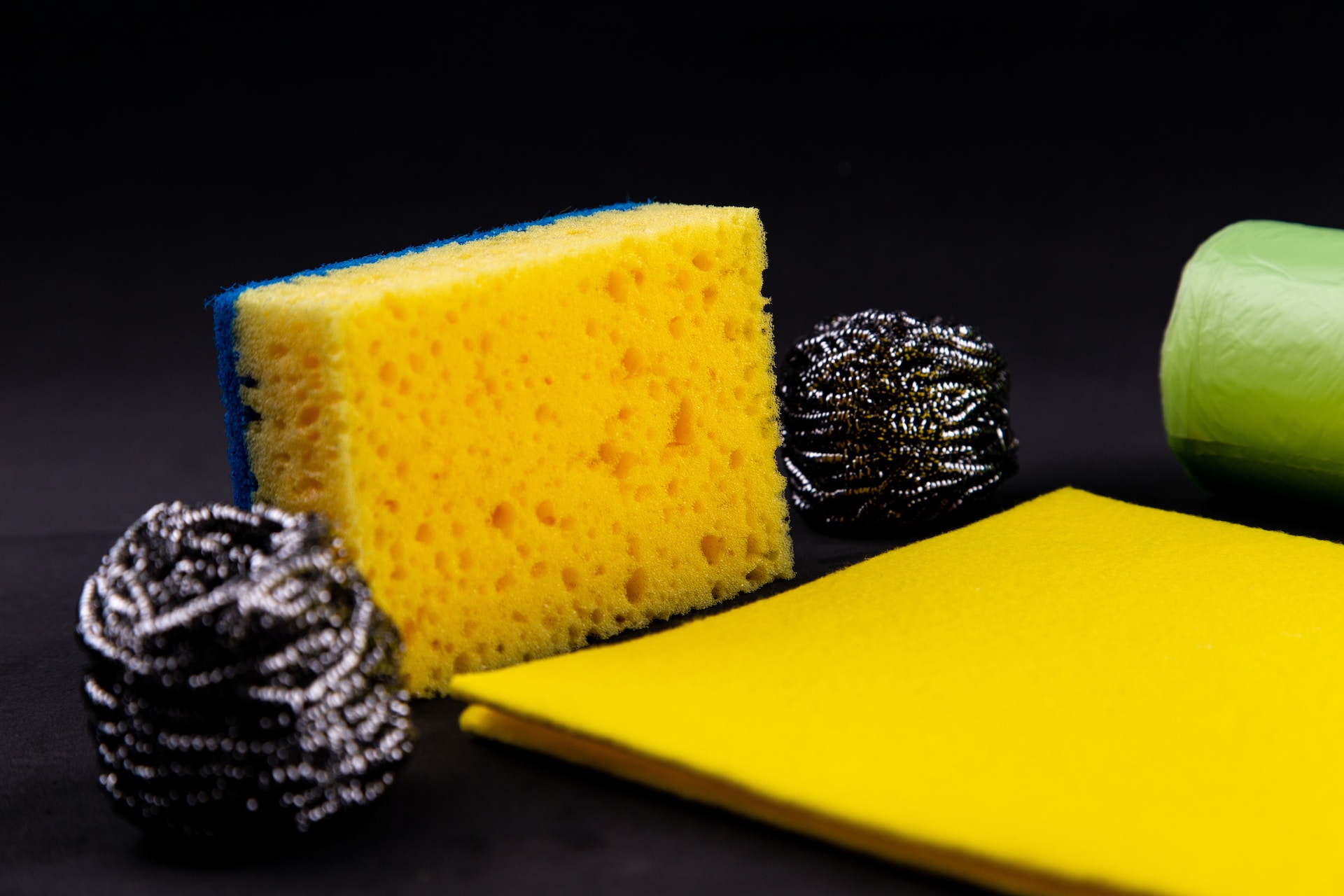Dishwasher Smells Bad? Here's How to Clean It
Ever noticed a funky smell wafting from your dishwasher? You’re not alone. It’s a common issue many homeowners face. But don’t fret, you’ve got this.
This article will guide you through why it’s happening, what you’ll need to clean it, how to perform a thorough inspection, and steps for deep cleaning. Plus, we’ll throw in some tips to keep it smelling fresh.
Let’s roll up those sleeves and get your dishwasher back to its best!
Understanding Your Dishwasher’s Odor
Before you dive into cleaning, it’s crucial to understand what’s causing that unpleasant smell in your dishwasher. Odor sources can be varied. They might include trapped food particles, a clogged filter, or even mold and mildew.
Identifying the smell is your first step to tackling it. Does it smell musty, like damp rags left in a gym bag? That’s likely mold or mildew. Is there a rotten or spoiled scent? You might’ve food particles stuck somewhere. Once you’ve identified the smell, you’re better equipped to deal with it.

Essential Cleaning Supplies
Armed with understanding, you’ll now need some essential supplies to transform your smelly dishwasher into a squeaky-clean one. Your cleaning arsenal should include some basic items like a soft sponge, old toothbrush, and microfiber cloths. Don’t forget rubber gloves to protect your hands.
Now, let’s talk about cleaning solutions. You can opt for store-bought dishwasher cleaners, but there are also organic cleaning options available. Consider using natural ingredients like baking soda, white vinegar, and lemon. These eco-friendly supplies aren’t only safe for your dishwasher but also for the environment. Remember, using harsh chemicals can harm your dishwasher’s components and have a negative impact on the planet.
With these supplies, you’re ready to tackle that pesky odor.
Pre-cleaning Inspection Steps
Once you’ve gathered all your supplies, it’s time to inspect your dishwasher carefully before diving into the cleaning process. Start by identifying dishwasher parts. You should know your filter from your spray arm. A quick look at your manufacturer’s guide can help.
Next, troubleshoot common issues. Look for residue around the door, excessive soap scum, or food particles stuck in the filter. Don’t forget to check the spray arm for clogs.
While inspecting, remember to be gentle to avoid damaging any parts. This pre-cleaning step is important because it helps identify what might be causing the bad smell. A thorough inspection can save you time by targeting problem areas early on.
Deep Cleaning the Dishwasher
Now that you’ve identified the problem areas, it’s time to roll up your sleeves and deep clean your dishwasher. Begin by removing the dishwasher filters. They can harbor food particles and other debris, leading to unpleasant odors. Soak them in warm, soapy water and scrub gently with a soft brush.
Next, check the rinse cycle effectiveness. If it’s not up to the mark, there could be a buildup of grease or soap scum. Fill a dishwasher-safe bowl with a cup of vinegar and place it on the top rack. Run a hot-water cycle. The vinegar will help remove grime and freshen up your appliance.
Lastly, sprinkle a cup of baking soda on the bottom and run a short, hot cycle. This should help eliminate any remaining odors.

Maintaining a Fresh-Smelling Dishwasher
After deep cleaning, keeping your dishwasher smelling fresh is the next crucial step you’ll want to tackle.
You’ll need to adopt some effective odor prevention methods. Try running a light cycle with a cup of vinegar once a week; it’s a natural deodorizer that can keep your appliance fresh.
Make sure you’re not leaving dirty dishes in there for too long, as this can contribute to foul smells. Use scented dishwasher additives, like citrus-based ones, to leave a pleasant aroma after each cycle. However, don’t rely solely on these additives for keeping your dishwasher clean. Regular maintenance is key.
Wipe the edges and door seals frequently to remove food debris and prevent mold growth. This way, you’ll maintain a fresh-smelling dishwasher.
Frequently Asked Questions
Can I Use Regular Dish Soap to Clean My Dishwasher?”
No, you can’t use regular dish soap to clean your dishwasher. It’ll create a soap residue and cause a foam overflow. Instead, use a specialized dishwasher cleaner for the best results.
How Often Should I Clean My Dishwasher to Avoid Bad Smells?”
You should clean your dishwasher monthly to avoid bad smells. This cleaning frequency will help eliminate smell sources, like food particles and grease, that can build up over time and cause unpleasant odors.
Can a Bad Smell From the Dishwasher Affect the Cleanliness of My Dishes?”
Absolutely, smell sources in your dishwasher can impact the cleanliness of your dishes. If it’s not cleaned regularly, lingering odors can transfer to your dishes, affecting their freshness and overall cleanliness.
What Causes the Dishwasher to Smell Even After Running a Cleaning Cycle?”
Even after a cleaning cycle, your dishwasher might smell bad due to trapped food particles or standing water, which are common odor sources. Regular cleaning and mold prevention can help prevent these unpleasant smells.
Are There Any Natural Alternatives to Chemical Cleaning Products for the Dishwasher?”
Absolutely, there are natural alternatives for cleaning your dishwasher. You can use vinegar for a deep clean and baking soda to freshen up. They’re both safe, efficient, and don’t leave any harmful residues.
Conclusion

So, you’ve tackled that nasty dishwasher odor head-on. With these essential supplies and steps, you’ve deep cleaned and inspected your dishwasher.
But remember, maintaining a fresh-smelling dishwasher is a continuous task. Keep up with regular cleans and inspections to avoid any future stink.
Now, you can enjoy a clean, odor-free dishwasher and, most importantly, clean dishes. Say goodbye to bad smells and hello to a fresh, clean dishwasher.
